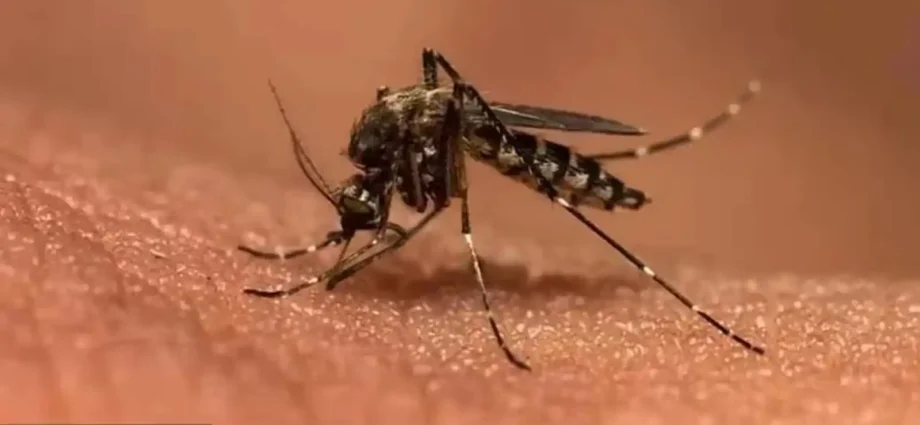Zika Virus: A mosquito-borne illness, the Zika virus has recently been linked to eight cases in Pune, India, raising concerns about public health. Everything you need to know is provided here, including causes, symptoms, prevention, and treatment.
Zika Virus: The virus, which is spread by mosquitoes, has drawn attention from all over the world recently because it can result in serious health problems, especially for expectant mothers and their unborn children.
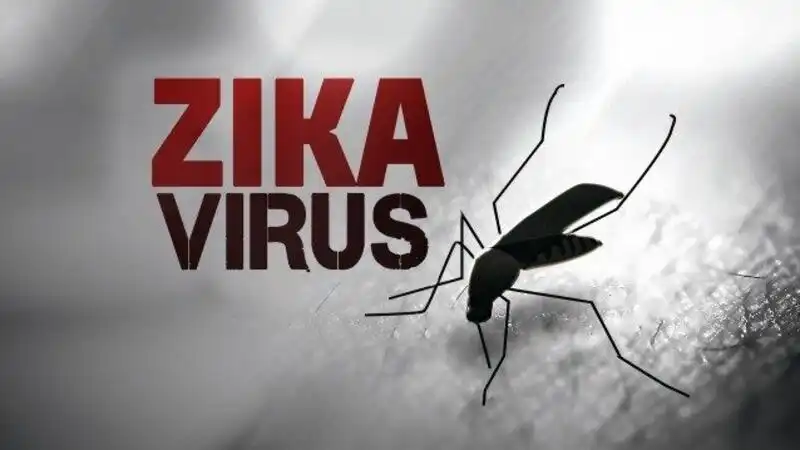
The Americas, Southern Asia, the Western Pacific, and tropical and subtropical regions of Africa are the main areas where the Zika virus is found. The country of India has experienced sporadic outbreaks in several states since the first cases were reported in Gujarat in 2016.
The number of Zika virus cases in Pune, Maharashtra, has significantly increased recently. On Wednesday, July 3, the central government released an advisory. Consequently, the number of cases has increased to seven after a 55-year-old woman in Pune was found to have received a Zika virus injection. As of today, July 2, 2024, Pune has reported six cases, Kolhapur has reported one, and Sangamner has reported one.

The Center has told states to be more vigilant, especially when it comes to testing pregnant women for the Zika virus and monitoring the development of the fetus in those who test positive. It also advises reporting any cases that are found to the NCVBDC and the Integrated Disease Surveillance Programme.
Zika virus is primarily transmitted through mosquito bites, sex, and breastfeeding. Infected Aedes species mosquitoes, which are the same ones that spread dengue and chikungunya viruses, bite during the first week of infection.
The virus can be passed through sex, causing serious birth defects and other pregnancy problems. Pregnant women can also pass the virus to their child during pregnancy or around birth, but the exact timeframes vary due to the virus staying longer in semen than other body fluids. Breastfeeding has been found to contain the Zika virus, but the risk of transmission through breast milk has not been confirmed.
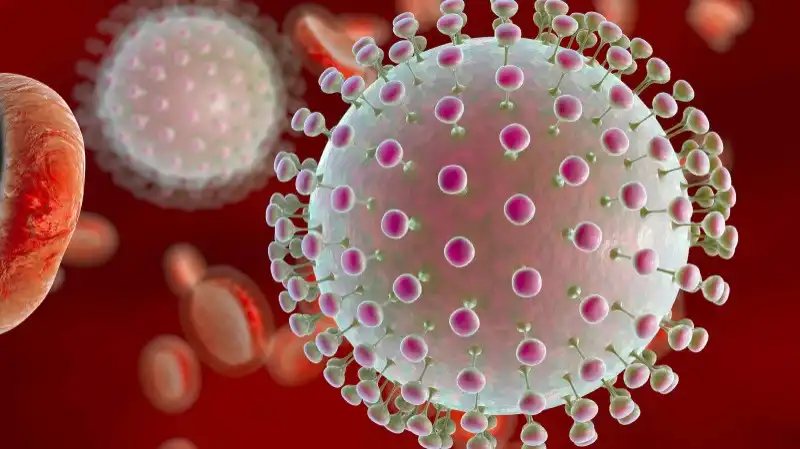
Furthermore, reports of laboratory-acquired Zika virus infections have been made, but no cases have been found in US healthcare facilities. Transfusions of platelets have also been linked to transmission in Brazil.
People may need to postpone blood and tissue donations after Zika because some human cell and tissue-based products, including umbilical cord blood, gestational tissues, and reproductive tissues, can harbor the Zika virus even months after the initial infection.
Zika Virus: What are the symptoms?
The majority of Zika virus infections may be asymptomatic, meaning they show no symptoms at all, or only very mild ones.According to the CDC, one of the most typical signs of the Zika virus disease is as follows:
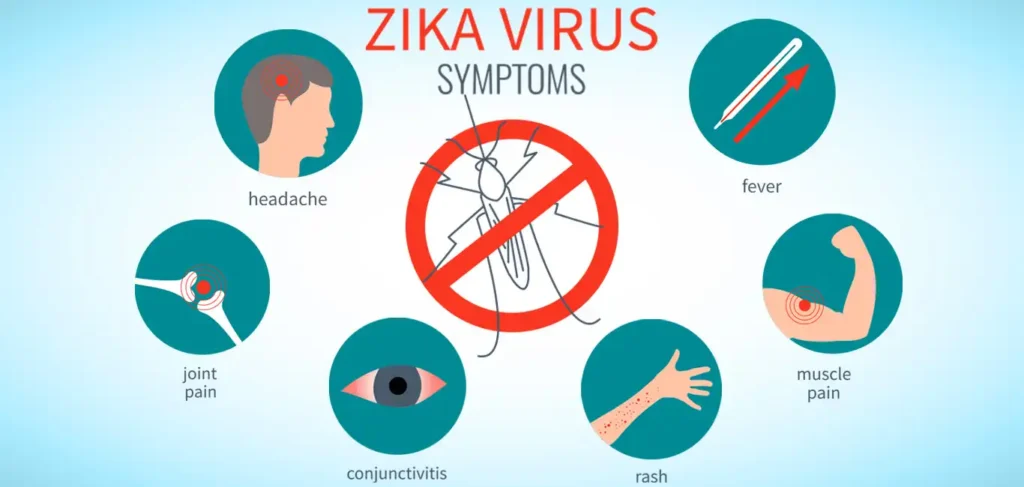
- Fever
- Rash
- Headache
- Joint pain
- Conjunctivitis (red eyes)
- Muscle pain
Zika has symptoms similar to other viral infections caused by mosquito bites, such as dengue and chikungunya. Zika symptoms often persist for several days to a week. People seldom get sick enough to visit the hospital. As a result, many people may not realise they are infected.
Zika Virus: What are the precautions and prevention?
Zika virus can be transmitted without symptoms or mild ones and can be passed from person to person before, during, and after symptoms. To reduce the risk of infection, use EPA-registered insect repellent, wear long-sleeved clothing, and control mosquitoes indoors and outdoors by using window screens.
Zika Virus: What is the treatment?
While there are no medicines or specific treatments to treat Zika virus infection, the symptoms are treatable and primarily involve supportive care from health professionals, or one can follow:
- Getting plenty of rest
- Staying hydrated by drinking fluids
- Taking over-the-counter pain relievers and fever reducers such as acetaminophen (Tylenol®) to reduce fever and pain.
- Avoid non-steroidal anti-inflammatory drugs (NSAIDs) until dengue is ruled out to reduce the risk of bleeding.
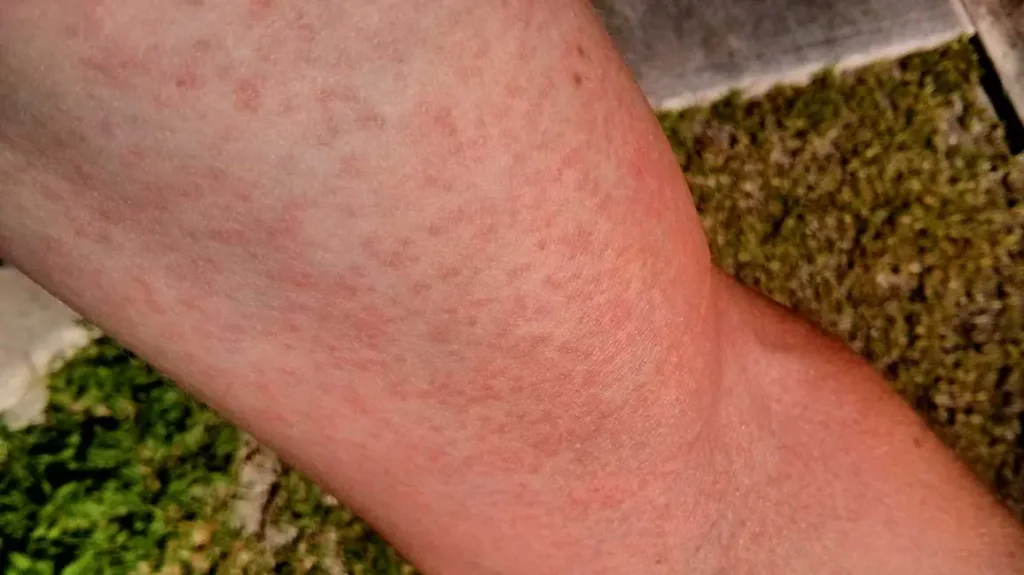
Pregnant women with Zika virus infection should seek immediate medical attention for laboratory testing, counselling, and appropriate clinical care. While there is currently no approved vaccine for the Zika virus, research is ongoing to develop effective preventive measures.
Zika virus infection remains a public health concern in India, with sporadic outbreaks reported in various states. By understanding the causes, symptoms, and preventive measures, individuals can take proactive steps to protect themselves and their communities from this mosquito-borne disease. Prompt medical attention and adherence to recommended precautions are crucial in managing and containing the spread of the Zika virus in India.
Read also : The 10 Best Movies on Netflix Right Now











